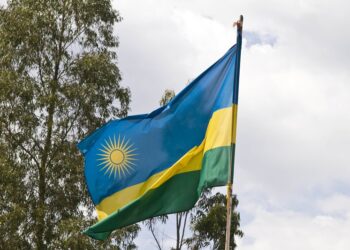The Hausa people are predominantly Muslim; the Islam religion is widespread in North and West Africa, which was introduced in the region by traders from Mali, North Africa, Guinea, and Borno. Other minority Hausa people practice a more traditional way of life. Hausa traditional religion is known as Maguzawa.
The Hausa economy has rested on the intensive cultivation of sorghum, corn (maize), millet, and many other crops grown on rotation principles and utilizing the manure of Fulani cattle. Agricultural activity has yielded considerably more than subsistence, permitting the Hausa to practice such craft specializations as thatching, leatherworking, weaving, and silversmithing. The range of craft products is large, and trading is extensive, particularly in regularly held markets in the larger towns. Hausa are also famous as long-distance traders and local vendors of Hausa-made leather goods as well as tourist items.
The Hausa language is the most popular language in sub-Saharan Africa. It is estimated that about 35 million people have Hausa as their first language, and about 20 million speakers use Hausa as their second language. The majority of Hausa speaking people are concentrated in the north of Nigeria and Niger. The language is also widely used by ethnic groups such as the Tuareg, Fulani, Gur, Kanuri, Arabs, Shuwa, and other Afro-Asiatic communities. The Hausa language uses Arabic characters in writing, and almost 1/4 of the words in the language are borrowed from Arabic, and consequently, most of the Hausa people can read and write in Arabic because of the similarity. The language is also the lingua Franca among the Muslims in non-Hausa regions.
The Hausa people have various types of food which are prepared in a variety of ways. The most common include corn, rice, millet, or sorghum which is typically grounded into flour to prepare a meal popularly known as Tuwo, which could be consumed with any type of soup such as Taushe, Dagedage, and Kaka among others. Bean cakes are also common among the Hausa people, and they are known as Kosai. The Hausa people are livestock herders, and therefore they consume meat in abundance, particularly beef. They have a delicacy of grilled beef such as Kilishi, Suya, and many others. Milk from cows known in the Hausa language as Nunu is consumed with Fura, which is among the most treasured meals. The Hausa people also have vegetables such as carrots and onions, which are used in the preparation of different meals.



























































